MS-PS1-2
Analyze and interpret data on the properties of substances before and after the substances interact to determine if a chemical reaction has occurred.
-
 Materials Science
Materials ScienceSelf-powered surface may evaluate table-tennis play
Scientists at the Georgia Institute of Technology built a 'smart' surface on which to play table tennis. It can track the location, speed and direction of the ball.
-
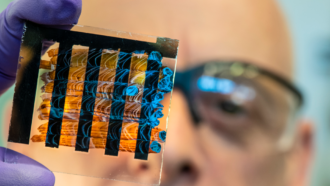 Materials Science
Materials ScienceThe future of crystal-based solar energy just got brighter
Researchers have upped the efficiency of layered solar cells that could be printed or painted onto surfaces. Now they are working to make them more rugged.
-
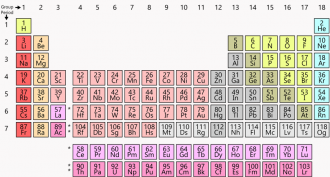 Chemistry
ChemistryChemistry’s ever-useful periodic table celebrates a big birthday
2019 is the International Year of the Periodic Table. But the traditional chart is just one of many shapes that chemists and other scientists have developed to organize the elements.
By Sarah Webb -
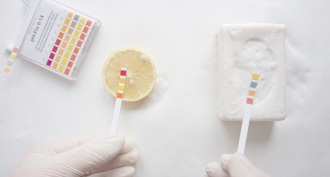 Chemistry
ChemistryExplainer: What are acids and bases?
These chemistry terms tell us if a molecule is more likely to give up a proton or pick up a new one.
By Lida Tunesi -
 Earth
EarthExplainer: Understanding geologic time
Geologic time is unimaginably long. Geologists puzzle it out using a calendar called the Geologic Time Scale.
By Beth Geiger -
 Earth
EarthExplainer: How is water cleaned up for drinking
Unless you’re drinking well water, city folks typically get drinking water that has been treated in a water-treatment plant. Here’s what that means.
-
 Health & Medicine
Health & MedicineDrug-detection system could help partygoers protect themselves
Fed up with people getting unwittingly drugged at parties, a teen designed a special bracelet. It can alert drinkers to the presence of certain hidden drugs.
-
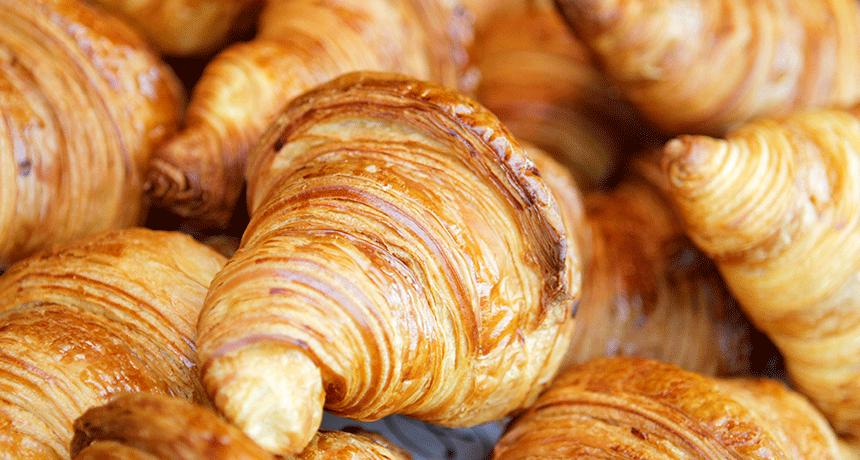 Health & Medicine
Health & MedicineScience-fair finding allows girl to sample a croissant
Some supplements claim they can help people with celiac disease, who cannot digest gluten. But do the pills work? One teen used science to find out.
-
 Chemistry
ChemistryCool Jobs: Diving for new medicines
Scientists mix research with underwater adventure as they search the oceans for new chemicals to treat infections, cancer and more.
-
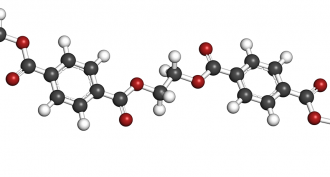 Chemistry
ChemistryExplainer: What are polymers?
Polymers, whether natural or artificial, are big molecules made by linking up smaller repeating chemical units. The most common “backbones” for polymers are chains of carbon or silicon, each of which can bond to four other atoms.
By Sid Perkins -
 Physics
PhysicsExplainer: Quantum is the world of the super small
The word quantum often gets misused. What does it mean? Think small. Really, really small.
-
 Chemistry
ChemistryScientists Say: Catalyst
Sometimes a chemical reaction can take a while. If speed is needed, a catalyst can help.